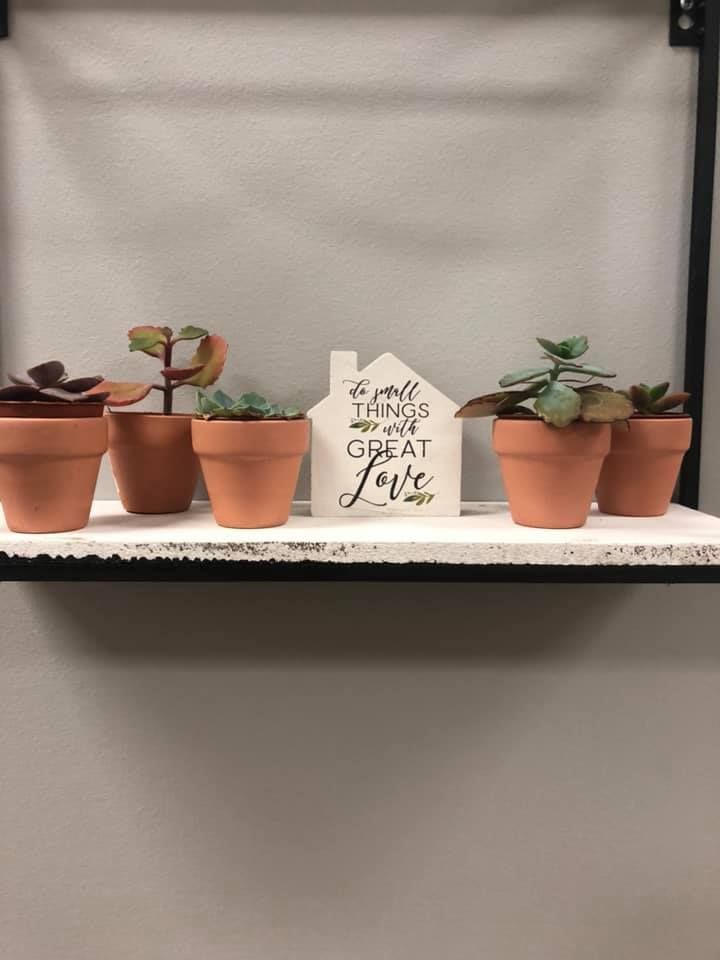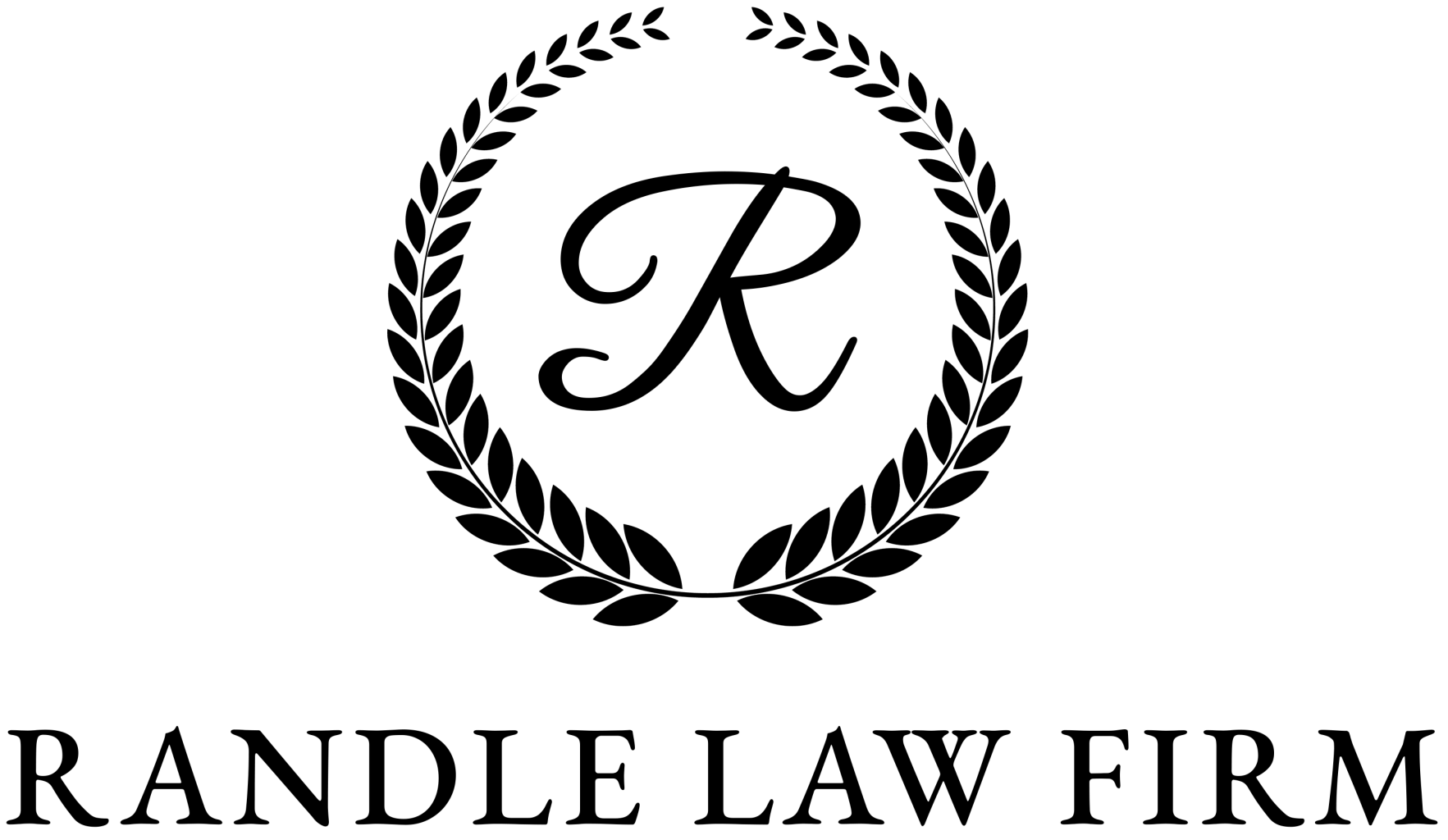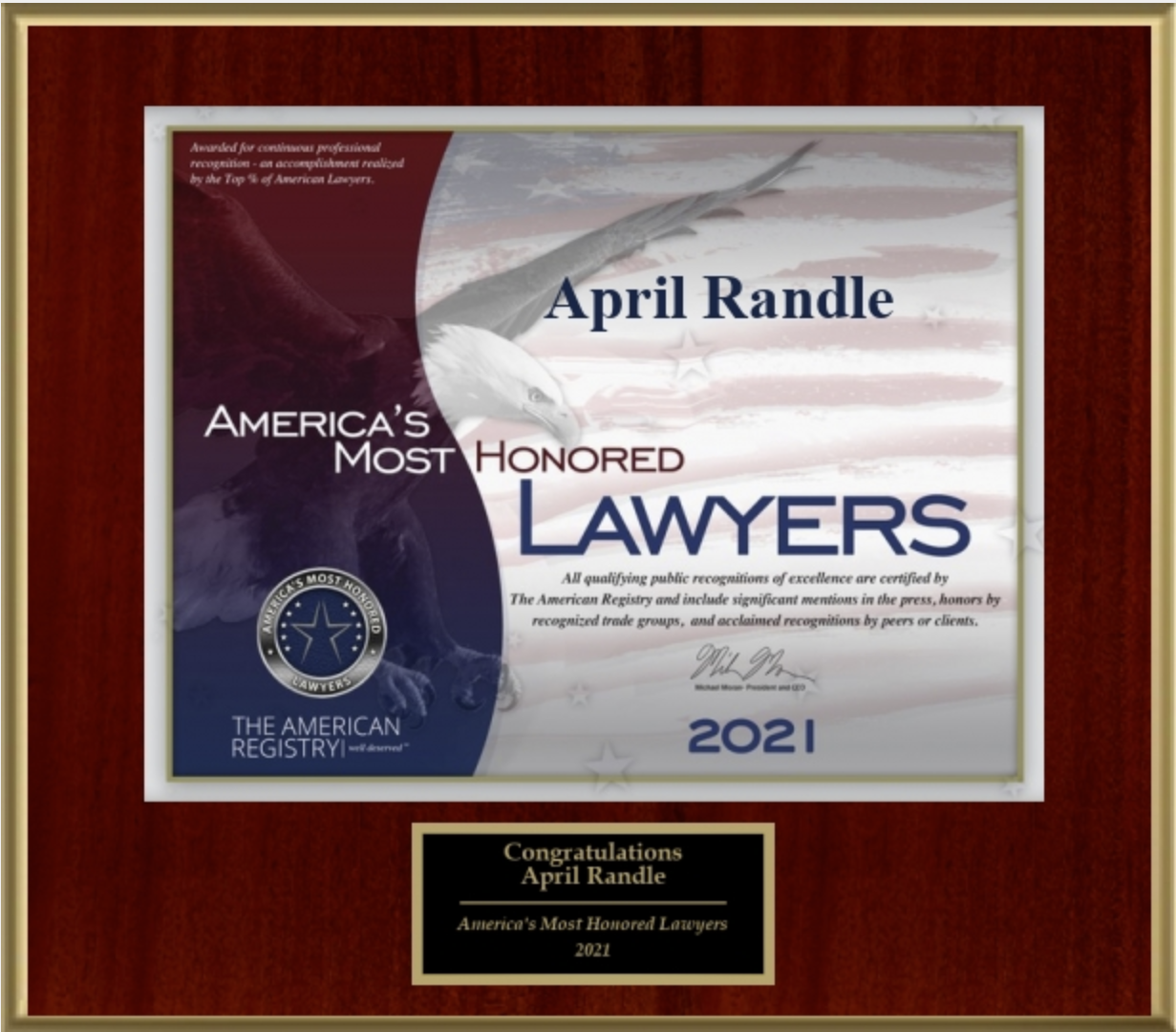Location:
8898 Old Lee Hwy
Suite 106
Ooltewah, TN 37363
Email: april@aprilrandlelaw.com
Phone: 423-521-8000
Fax: 423-521-8001
Vehicle Repossession and Bankruptcy
Vehicle Repossession
and Bankruptcy
Now more than ever, our lives rely heavily on our vehicles. Getting to work, dropping kids at school, heading to the grocery store, or driving to doctor visits – all of these activities require reliable transportation. Although public transportation is sometimes available, there is nothing like enjoying the freedom and convenience of having your own car. Being without your vehicle, can turn your life upside down instantly and cause major disturbances to your normal routines and can even jeopardize your job.
If you are financing a vehicle or use a title to secure a loan, a default on those payments put your vehicle in peril of being repossessed. Worse, if the car is repossessed, no matter what a dealership or financial lender verbally promises, you can and likely will be pursued for any difference in the balance of the vehicle and the amount for which the lender sells the car. This can leave you making payments or owing large sums on a vehicle you no longer possess or from which you derive any benefit.
Each lender has its own policies about how late you have to become before they initiate attempts to repossess your vehicle, but per State law, you could be subject to a repossession action if you are only one payment behind. Although there are State laws protecting you from immediate sale, it is often not possible to catch up or refinance the vehicle; therefore, you may be left with little recourse aside from bankruptcy protection.
Repossession in Tennessee
Tennessee laws do not require the lender to obtain a court order to repossess your car. The lender has every right to repossess the vehicle at any time while the borrower is in default on payments; however, the lender or its agent may not repossess a vehicle if doing such breaches the peace. For example, if you are sitting in your car and protest and cause a scene, the lender or agent cannot force you out of the car for repossession.
Additionally, the repo agent or lender may not physically threaten you or inflict bodily harm in a repossession attempt. However, if you are at the store or at work, a repossession agent may tow your car or use a key to pick up the vehicle. This can be embarrassing and cost you additional fees even if you are able to later recover your vehicle by catching up on payments.
Bankruptcy and Repossession
There are ways you can keep your car even if you have fallen behind on your loan payments. Chapter 13 bankruptcy is a great option for those who wish to pay off the debt on their vehicle with a restructured payment plan. This typically involves lowering the monthly payment and the overall interest rate on the loan.
Additionally, you do not need to be current on the loan and you can sometimes force a lender to return a repossessed vehicle if the lender still has it in its possession. If you file for bankruptcy before repossession, then your creditors are prohibited from pursuing immediate repossession without an order from the bankruptcy court and you may have options to surrender the collateral without having to pay the balance. This can be accomplished through a Chapter 13 and a Chapter 7 most times.
Chapter 7 bankruptcy is another alternative to either catch up on missed payments and/or surrender the vehicle under your terms. If you do keep a vehicle, you must continue paying for it, but sometimes creditors are willing to negotiate the ongoing terms so that the vehicle may be more affordable. To discuss your bankruptcy options and car repossession, contact April Randle Law today.




I definitely recommend Mrs. Randle for your needs requiring an attorney.
-Tasha L.
MashIt
Extremely kind, straight forward and helpful. Looking forward to working with her and her law firm.
-Rebekah C.
FabuFit
Friendly, confidential, personalized service, and exceptional rates make April's firm an excellent choice for your legal needs 10/10!
-D. W.
YesSuits-

Awesome people to work with! Go above and beyond. Very responsive and very efficient.
- Chris
Button 
April and her staff are wonderful. When we needed some help with our business and understanding the laws in regards to business she was amazing and helped us so much!
-Marcie
Button-

April is too real to be a lawyer.
-Danny
Button 

Slide title
 Button
Button Button
Button Button
Button
Communications Preferences
If you are new to our office, please use our initial contact email link to schedule an appointment or request information.
Active Clients - Feel free to use the Client Portal for secure texting, messaging, appointment requests and document or information upload/review. You may also contact us by email.
In Person Office Visits - By Appointment Only
8898 Old Lee Hwy
Suite 106
Ooltewah, TN 37363
Law Office of April Randle, PLLC. All Rights Reserved.










